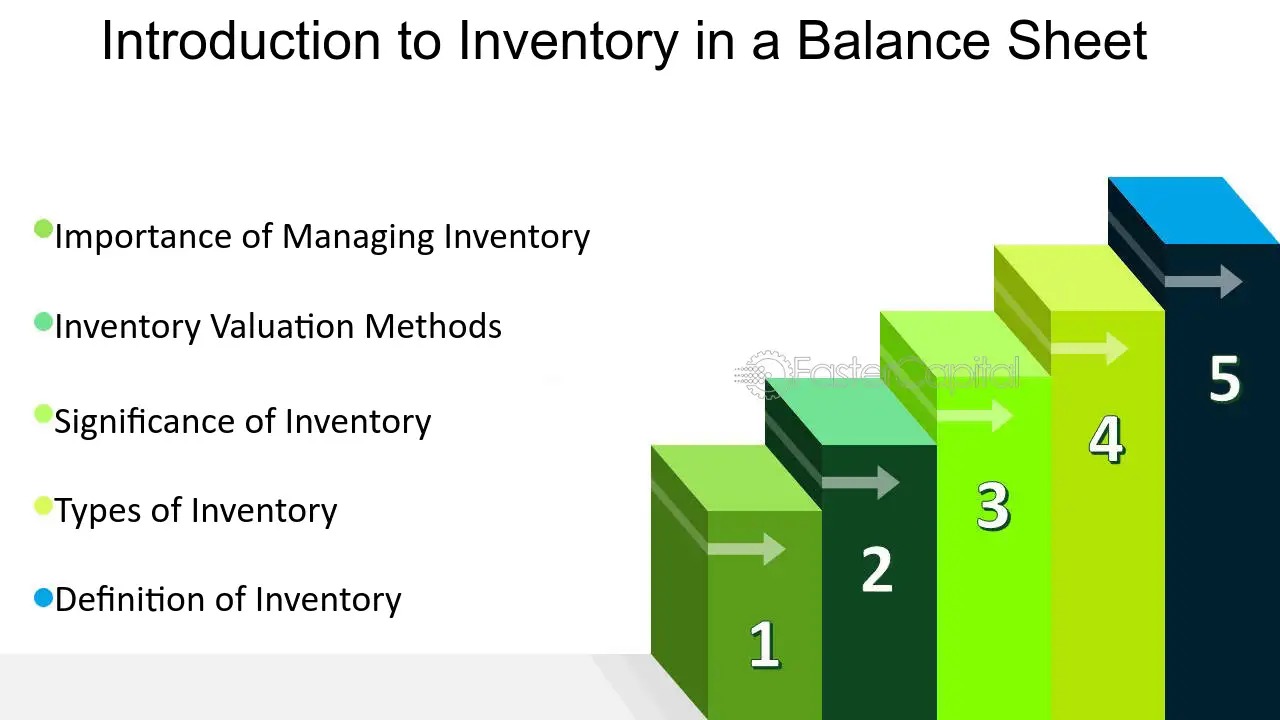

Finance
Business Inventories Definition
Published: October 20, 2023
Learn the definition of business inventories in finance and how they are managed to optimize financial performance.
(Many of the links in this article redirect to a specific reviewed product. Your purchase of these products through affiliate links helps to generate commission for LiveWell, at no extra cost. Learn more)
Welcome to the World of Finance: Understanding Business Inventories
When it comes to managing a successful business, having a solid understanding of finance is crucial. One key aspect of financial management is the management of business inventories. In this blog post, we will delve into the definition of business inventories, why they are important, and how they can impact your bottom line.
Key Takeaways:
- Business inventories refer to the stock of goods or materials that a company holds for production, sales, or future use.
- Effectively managing business inventories can lead to cost savings, improved customer satisfaction, and increased profitability.
What are Business Inventories?
Business inventories are essentially the stock of goods or materials that a company holds. These inventories can range from raw materials used in production to finished goods ready for sale. In simple terms, they represent the products or resources that a business has on hand for production, sales, or future use.
Inventory management involves carefully monitoring and controlling the levels of these business inventories to ensure a balance between supply and demand. This process includes determining the optimal quantities of each item to carry, tracking the movement of inventory, and making informed decisions regarding purchasing, production, and sales.
Why are Business Inventories Important?
Business inventories play a crucial role in the financial management of a company. Here are a few reasons why effectively managing these inventories is vital:
- Cost Savings: Poor inventory management can lead to excessive carrying costs, such as storage, insurance, and obsolescence. By optimizing inventory levels, businesses can reduce these costs and improve their overall financial performance.
- Customer Satisfaction: Having the right products available when customers need them is essential for maintaining customer satisfaction. By effectively managing inventories, businesses can ensure prompt fulfillment of customer orders and minimize the risk of stockouts.
- Increased Profitability: Strategic inventory management can contribute to increased profitability. By optimizing inventory levels, businesses can minimize stockouts, reduce excess inventory, and improve cash flow.
In summary, business inventories are the stock of goods or materials that a company holds for production, sales, or future use. Effectively managing these inventories can lead to cost savings, improved customer satisfaction, and increased profitability.
Are you ready to take your financial management skills to the next level? Take control of your business inventories and watch your bottom line soar!














